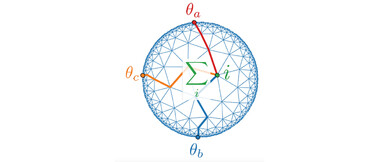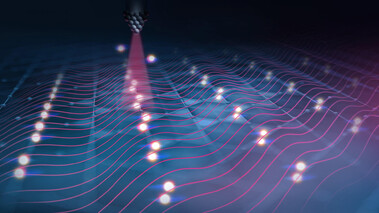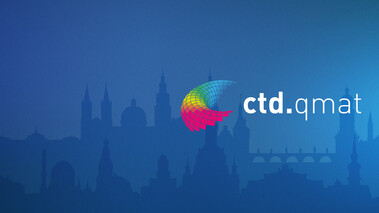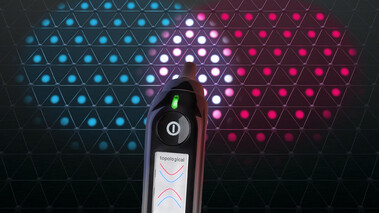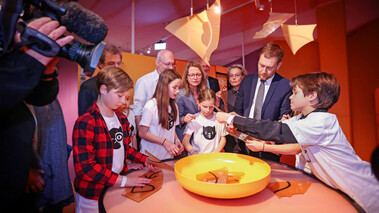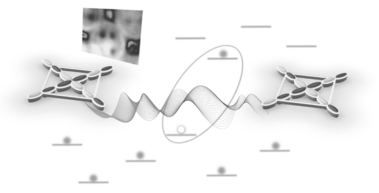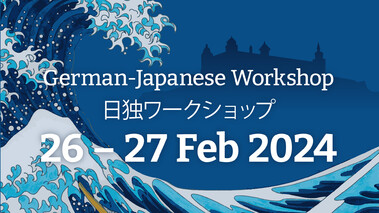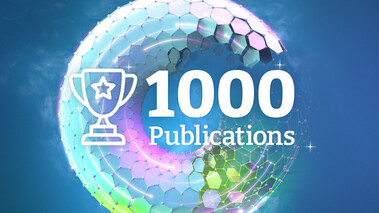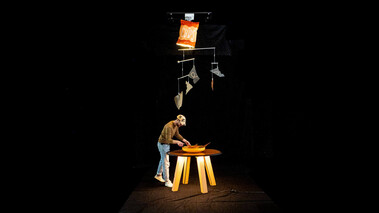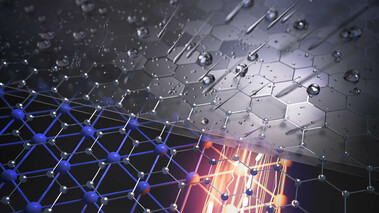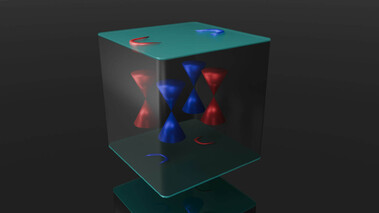News
-
![0916quantengravitation-Www-1]()
17 Sept 2024
Würzburg Physics Team Electrifies the Quantum World
more
-
![Illustration von Kagome-Metallen mit leuchtendem Gitter und Lichtpunkten in futuristischer Darstellung.]()
23 Aug 2024
Würzburg Theory Experimentally Confirmed: Kagome Superconductor Makes Waves
more
-
![Blau eingefärbter Hintergrund mit dem Logo von ctd.qmat und Silhouette einer Stadt.]()
22 Aug 2024
Dynamic Progress into the Second Funding Period: Würzburg-Dresden Cluster of Excellence Seeks Continued Funding with New Name ctd.qmat
more
-
![Kinder und Erwachsene in einer Fernsehsendung mit KatzeQ-Figur und farbigem Studiolicht.]()
25 Apr 2024
12:00 pmKitty Q – A Quantum Adventure: Germany’s First Quantum Physics Escape Room for Children Opens in Dresden
more
-
![Engl-Japan-Ws-Thumb-Hd]()
10 Apr 2024
“A Wonderful Start” – ct.qmat Launches German-Japanese Research Partnership in Quantum Technologies
more
-
![Logo mit der Zahl 1000 Publications vor digitalen Hintergrund in Englisch.]()
21 Mar 2024
A Celebration of Achievement: Cluster of Excellence ct.qmat Marks Its 1000th Publication
more
-
![KatzeQ feiert 500.000 mit Herzsymbolen und großem 500K-Schriftzug auf rotem Hintergrund.]()
08 Feb 2024
Kitty Q Celebrates: Quantum Physics Game App Exceeds 500,000 Downloads
more


